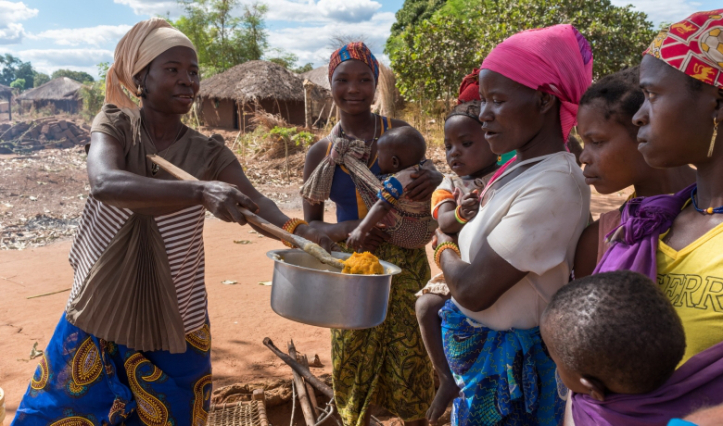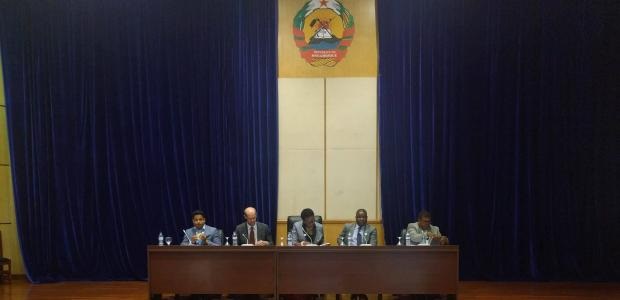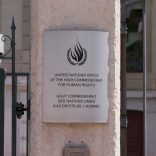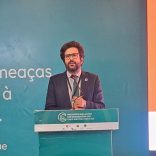Adolescent girls and young women account for 30% of new HIV infections in Mozambique - UN
University of the United Nations warns of risk of inequalities in Mozambique

Lusa (File photo)
The director of the United Nations University (UNU-Wider), Finn Tarp, said in Maputo on Monday that Mozambique must address the risks of social inequalities, noting that the gap between rich and poor is worsening.
“Inequality has increased and can become a risk because, when there is increasing inequality, this means that the poor benefit less [from economic growth],” Tarp told reporters.
Speaking on the sidelines of the public forum Poverty and inequality in Mozambique: What is at stake?, Tarp said that economic growth should promote inclusion, because asymmetries foster instability.
And the exclusion of the majority of the population from the benefits of growth can hinder development.
“When people are not happy, they do not focus on their work. Moreover, both economic literature and political economy have established that inequality has no economic justification,” Tarp said.
The UNU-Wider director pointed to the rural exodus, population growth and weak agrarian development as some of the main factors increasing inequality in the country.

Emílio Tostão, the scientific director of the University Eduardo Mondlane (UEM), said that poverty in Mozambique fell from 69.7 percent between 1996 and 1997 to 41.6 percent in the last evaluation between 2014 and 2015.
“A fall of nearly 24 percent in nearly 20 years is very positive and should be celebrated. However, the UEM views rising rates of economic inequality among Mozambicans with concern,” said Emílio Tostão.
Monday’s forum on ‘Poverty and Inequality in Mozambique: What is at stake?’ brought together UEM and UNU-Wider academics and experts from UN agencies for discussions on poverty and ways to combat inequality in Mozambique.












Leave a Reply
Be the First to Comment!
You must be logged in to post a comment.
You must be logged in to post a comment.